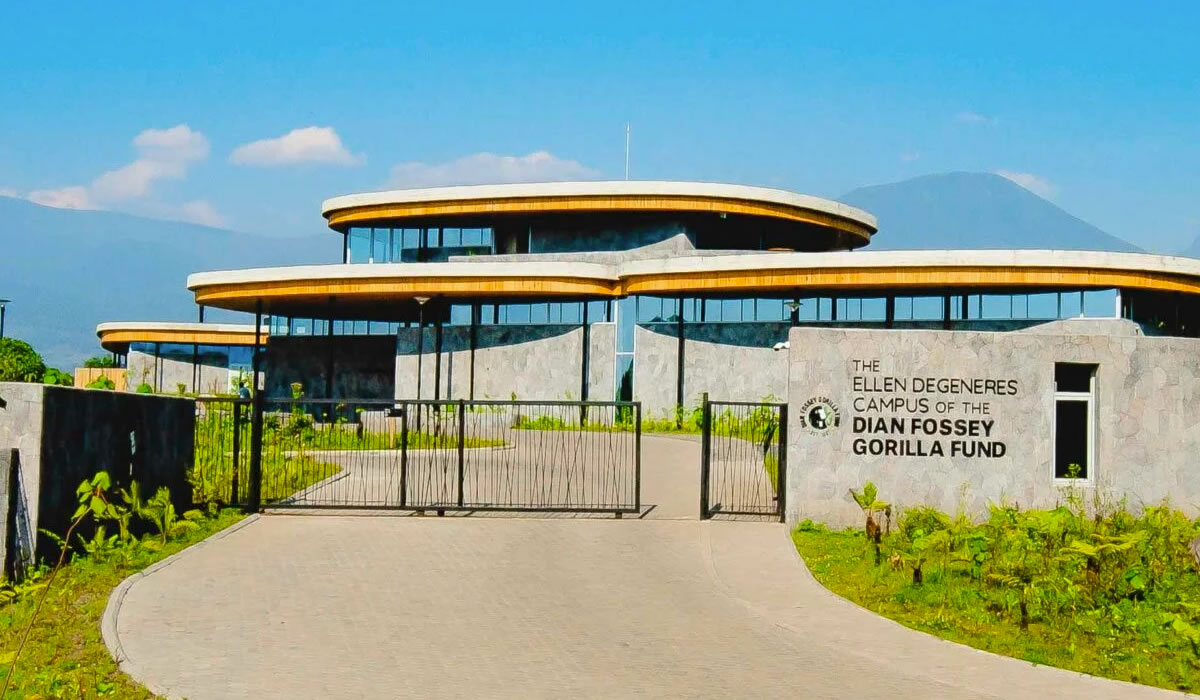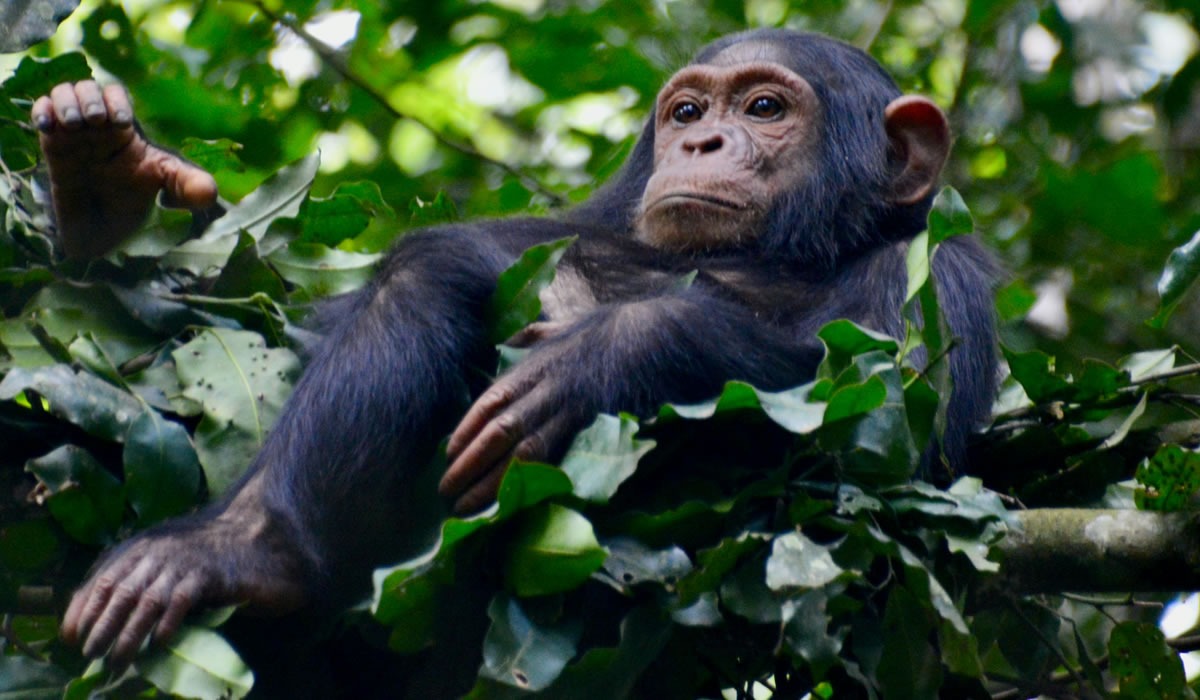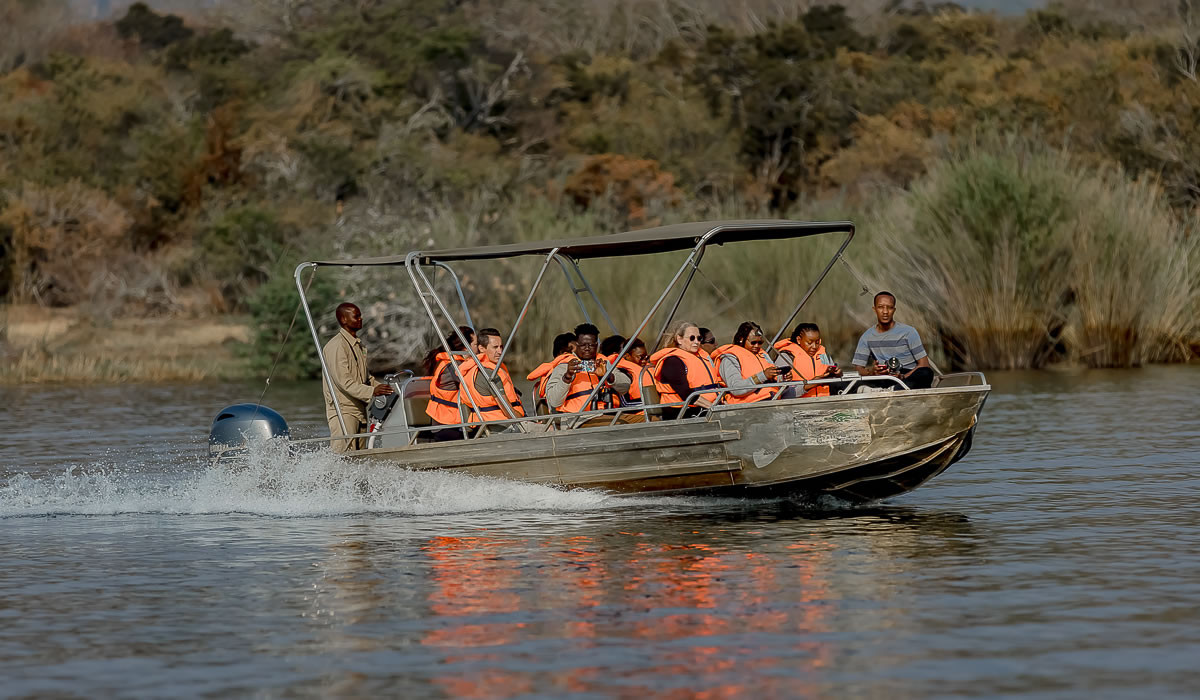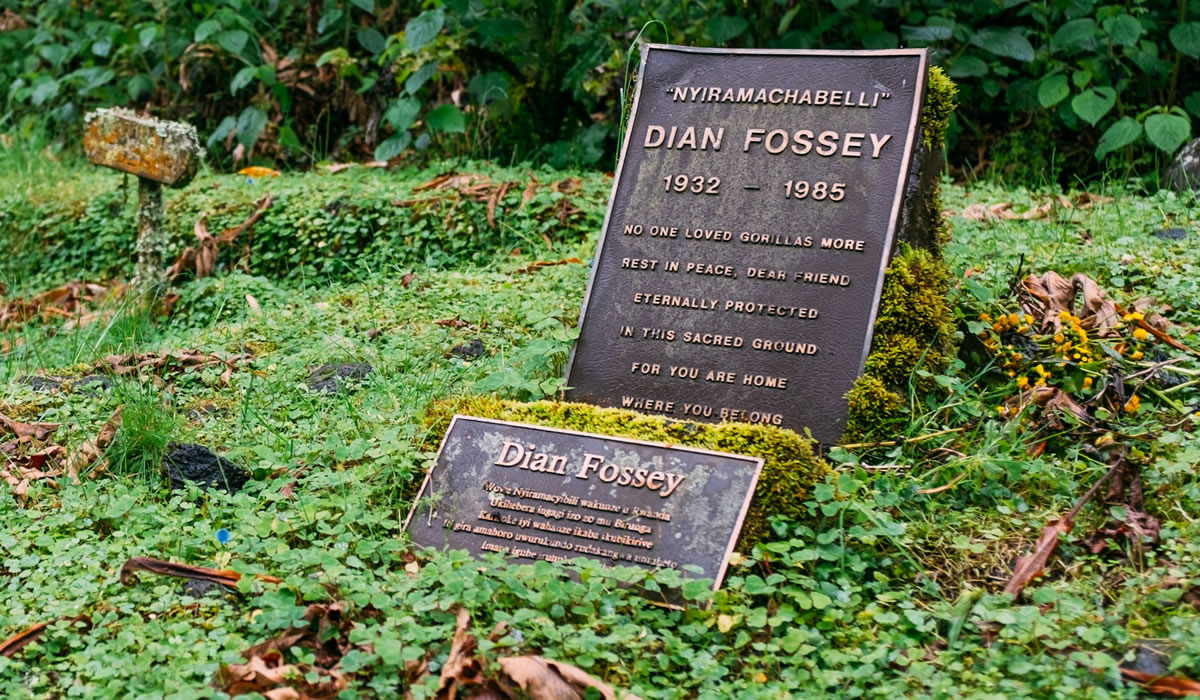Nyungwe Forest National Park, located in the southwestern region of Rwanda, is a pristine and…

Ellen DeGeneres Campus of the Dian Fossey Gorilla Fund
In the heart of Rwanda’s verdant landscape, at the edge of the renowned Volcanoes National Park, stands a cutting-edge beacon of conservation, science, and education: the Ellen DeGeneres Campus of the Dian Fossey Gorilla Fund. Opened in 2022, this modern facility is more than a tribute to the legendary primatologist Dian Fossey, it is a living embodiment of her mission, brought to life through the partnership of global philanthropy and local commitment. Designed to serve as a global center for gorilla conservation and ecological education, the campus represents a significant evolution in how conservation is practiced, studied, and shared with the world.
The Dian Fossey Gorilla Fund has been at the forefront of mountain gorilla research and protection since its founding in 1967 by Fossey herself. Her initial efforts, launched with little more than passion and persistence, have since blossomed into one of the world’s most impactful and enduring conservation organizations. Fossey’s pioneering research, conducted from her remote Karisoke Research Center in the high-altitude forests between Mount Karisimbi and Mount Bisoke, laid the groundwork for much of what we now understand about gorilla behavior, social structures, and threats to their survival.
Decades after her tragic death in 1985, the Fund continued to operate under challenging conditions, relying on outdated infrastructure and limited resources while maintaining a strong field presence. Recognizing the need for a permanent, purpose-built home that could reflect the scale and importance of the organization’s work, television personality and conservation advocate Ellen DeGeneres, along with her wife Portia de Rossi, made a transformational contribution to fund the creation of a new campus. This gift, the largest in the Fund’s history, enabled the construction of a world-class conservation hub in Rwanda a country that has become a global model for wildlife protection and eco-tourism.
The Ellen DeGeneres Campus, located in Kinigi just outside the Volcanoes National Park, spans nearly 12 acres and combines stunning architecture with sustainability and functionality. Designed by the award-winning architectural firm MASS Design Group, which has an office in Kigali and a strong reputation for context-sensitive, socially impactful design, the campus reflects the natural beauty of its surroundings while serving the needs of scientists, students, tourists, and conservation staff.
The campus comprises multiple buildings, including a Conservation Gallery open to the public, laboratories, classrooms, offices, a library, housing for visiting scientists and students, and extensive outdoor learning spaces. These elements are woven together by landscaped walkways and gardens planted with native vegetation to reflect Rwanda’s ecological richness. The campus was built with local materials and labor wherever possible, and its construction provided jobs and skills training for the surrounding community.
One of the most striking features of the campus is its Conservation Gallery, which serves as both a museum and an educational experience for visitors. Through interactive exhibits, multimedia presentations, and curated displays, the gallery introduces guests to the story of Dian Fossey, the biology of gorillas, the challenges of conservation, and the successes of the Dian Fossey Gorilla Fund over the decades. Unlike a traditional museum, the gallery encourages dialogue, curiosity, and emotional engagement, helping guests understand why gorilla conservation matters not just for Rwanda or Africa, but for the planet as a whole.
Just outside the gallery, the campus includes viewing platforms that look out over the Volcanoes National Park, offering breathtaking views of the Virunga Mountains—home to about one-third of the world’s remaining mountain gorillas. This proximity is intentional and symbolic: the campus is not a distant research institution disconnected from the field; it is embedded in the ecosystem it serves to protect.
Beyond its visitor-facing features, the Ellen DeGeneres Campus is a vital operational base for the Dian Fossey Gorilla Fund’s research and conservation work. State-of-the-art laboratories allow scientists to analyze data, conduct genetic studies, and process biological samples collected from the field. These facilities dramatically enhance the speed and scope of research, enabling real-time insights into gorilla health, population trends, and habitat changes.
The Fund monitors more than 10 gorilla groups in Volcanoes National Park on a daily basis, making it one of the most intensive wildlife monitoring programs in the world. Each day, trackers and researchers venture into the forest to observe gorilla groups, collect behavioral data, and ensure the animals are safe from poaching or other human disturbances. This long-term dataset, now spanning over 50 years, is one of the most complete wildlife research records in existence and has informed conservation strategies far beyond Rwanda.
Education is another central pillar of the campus’s mission. Through partnerships with Rwandan universities and international institutions, the Ellen DeGeneres Campus hosts students for internships, field courses, and research training. The goal is to nurture the next generation of African conservationists and empower Rwandan youth to lead efforts in wildlife protection and sustainable development. Local school groups regularly visit the campus, engaging in hands-on learning that inspires future careers in science, tourism, and environmental stewardship.
The campus also supports community development, another hallmark of successful conservation. The Fund works closely with villages surrounding the park to provide conservation education, economic opportunities, and alternative livelihoods that reduce dependence on forest resources. The construction and operation of the campus have created employment and skills training for hundreds of locals. Moreover, community outreach programs focus on health, education, and agriculture, recognizing that conservation cannot succeed without addressing human well-being.
In terms of sustainability, the campus is a model of eco-conscious design. Solar power systems reduce reliance on the national grid, rainwater harvesting and filtration systems support water needs, and waste is managed through environmentally friendly processes. Buildings are designed for passive ventilation, reducing energy consumption while maintaining comfort. These features not only reduce the campus’s environmental footprint but also serve as an example of green building practices in Rwanda and beyond.
For travelers to Rwanda, visiting the Ellen DeGeneres Campus can be seamlessly integrated into a broader tour of the Northern Province. Many visitors combine a visit to the campus with a gorilla trekking experience in Volcanoes National Park, or with hikes to the Dian Fossey Tomb Trail, the Bisoke Crater Lake, or cultural experiences in nearby Musanze. The campus is open to the public, and guided tours are available that walk visitors through the gallery, research facilities, and conservation programs, providing an enriching complement to the more physically demanding forest treks.
The impact of the Ellen DeGeneres Campus extends far beyond its walls. By providing a centralized hub for gorilla research and conservation, it strengthens the capacity of the Dian Fossey Gorilla Fund to protect not only mountain gorillas but also the broader biodiversity of the Albertine Rift region. It amplifies education, inspires public engagement, and fosters scientific discovery that will continue to shape conservation policy for generations.
In a time when biodiversity is under unprecedented threat, the campus is a beacon of hope and a blueprint for how conservation can succeed when rooted in science, community, and global solidarity. It reflects the power of legacy, how one woman’s commitment to gorillas has evolved into an international movement and the importance of partnership, with individuals like Ellen DeGeneres using their platforms to amplify causes that matter deeply.
In conclusion, the Ellen DeGeneres Campus of the Dian Fossey Gorilla Fund is more than a building, it is a symbol of progress, resilience, and unity in the face of environmental challenges. It honors the past, serves the present, and prepares for the future. For anyone passionate about wildlife, education, or sustainability, a visit to the campus is not just a highlight of a Rwandan journey, it’s a powerful reminder of what humanity can achieve when it chooses to protect the natural world.




